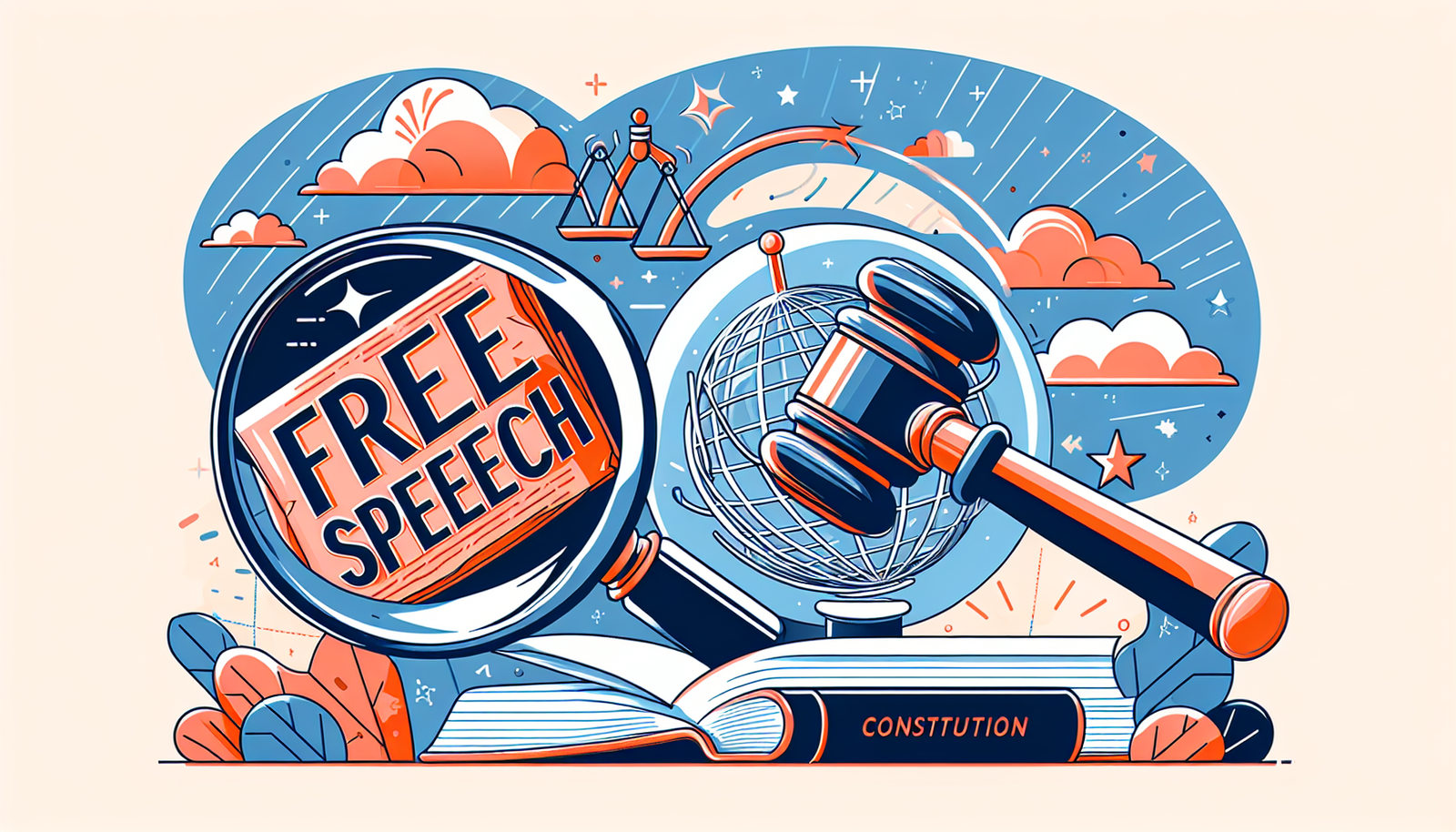Here’s a blog-style article based on the provided reference article:
Free Speech Triumphs: Judge Blocks Controversial California Deepfake Law
In a significant ruling, a senior US district judge has declared California’s deepfakes law, AB 2839, unconstitutional, claiming it infringes on the First Amendment rights of parody creators. This decision comes in the wake of a lawsuit filed by a parody video creator known as “Mr. Reagan,” who argued that the law was unconstitutionally targeting satirical content related to political figures.
The Contest Over Parody Content
The controversy began when Christopher Kohls, the man behind the “Mr. Reagan” persona on platforms like YouTube and X (formerly known as Twitter), challenged AB 2839 after facing backlash for creating a parody video featuring Vice President Kamala Harris. Kohls alleged that the law was vague and could lead to his legal troubles from viewers who felt misled by his humorous portrayals. With the help of Judge John Mendez, he sought an injunction against the law’s enforcement.
In his ruling, Judge Mendez asserted that the statute unconstitutionally infringes on Kohls’ free speech rights. While acknowledging the state’s interest in maintaining election integrity, he stated that the law’s broad definitions effectively made it a tool for censorship rather than protection against misinformation.
What the Law Entailed
AB 2839 aimed to regulate deceptive AI-generated content, particularly during election seasons. However, the judge highlighted how the law extended beyond just defamation standards by punishing any digitally manipulated content “reasonably likely” to harm a candidate’s reputation or electoral prospects.
Mendez noted that such a vague interpretation could endanger the very essence of political discourse, allowing any offense taken at parody or humor to spiral into civil liabilities. He emphasized that the law failed to establish objective criteria and could result in arbitrary determinations of what constitutes “harmful” content.
The Right to Critique Government
The ruling also touched on the importance of protecting the right to criticize governmental figures. Judge Mendez argued that the First Amendment safeguards not just defamation but also the right to lampoon government officials. He made the comparison to political cartoons, asserting that Kohls’ parody content served as a modern-day expression of political critique, vital for democratic debate.
The Implications of the Ruling
Legal experts have hailed the ruling as a critical precedent for the regulation of AI-generated content. Jeff Kosseff, a First Amendment scholar, commended Mendez for recognizing that the law represents a violation of free speech rights, particularly amid growing concerns about disinformation in political contexts.
According to Kosseff, while government regulation might be appropriate in limited situations—such as disinformation regarding voting mechanics—the vast regulatory approach of AB 2839 was misguided. The best remedy for harmful content, he asserted, is to encourage “more speech” rather than silencing creative expressions.
Key Takeaways
The court’s ruling not only protects the rights of parody creators but also serves as a reminder for lawmakers considering similar legislation across the nation. The verdict underscores that attempts to regulate speech related to political expression must tread carefully to remain within constitutional bounds.
The only part of AB 2839 that survived the scrutiny pertains to audio disclosures, which Mendez noted could be reasonable within certain limits. However, the overall message remains clear: the balance between protecting election integrity and defending free expression is delicate and must prioritize the latter.
In conclusion, the First Amendment triumphantly stands in the forefront of this legal battle, emphasizing the significance of parody and humor as enduring facets of American political discourse.
This piece captures the style and essence of the original article while presenting the information in a clear, engaging, and informative manner.

